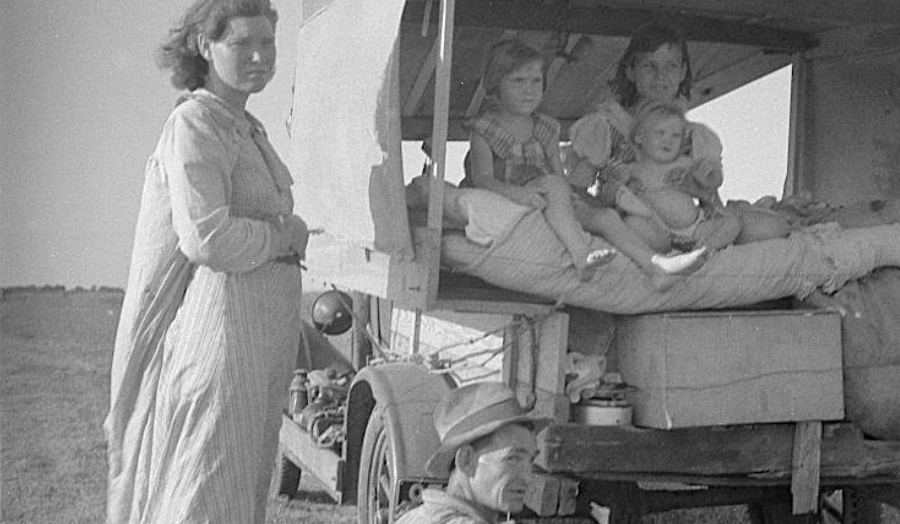In the early 1970s the Sociologist Roy Bryce Laporte observed that “no place has really been given to black immigrants, and precious little to blacks in that interpretation of American history which describes successive waves of immigrants entering this country in search of new opportunities and contributing by their presence and participation to its cultural richness, its political complexity, its material-technological advance”. This statement encapsulates much of the type of work I am conducting with this project as I think about African immigrants and immigrant experiences in certain periods of American history and how those experiences compare to those of other immigrants.
Continental Africans have been coming voluntarily to the United States since the post-Civil War era. They came for a variety of reasons (as students, visitors, and so on), and some stayed in the United States, therefore becoming immigrants. Yet American immigration scholars have ignored the small group of Africans in the United States who came, voluntarily, in the period between 1890 and 1950. While not all of these individuals can be defined as immigrants, the processes by which they adapted to life in America surely warrants an examination of their lives under the umbrella of immigration history. This talk attempts to outline this history, contextualizing current African immigration to the United States.
Nemata Blyden is Armstead Robinson Professor of 19th Century African American History, Carter G. Woodson Institute, University of Virginia. She is an historian of Africa and its Diaspora. Her interests, broadly, are on the connections between Africa and its diaspora. Influence, engagement, and identification with the continent on the part of Africans in the Americas and the Caribbean have been central to her work. She is widely published and is now working on the project that she will talk to us about in this paper.

Presenter: Nemata Blyden
Wednesday, 18 October 2023 at 5pm
